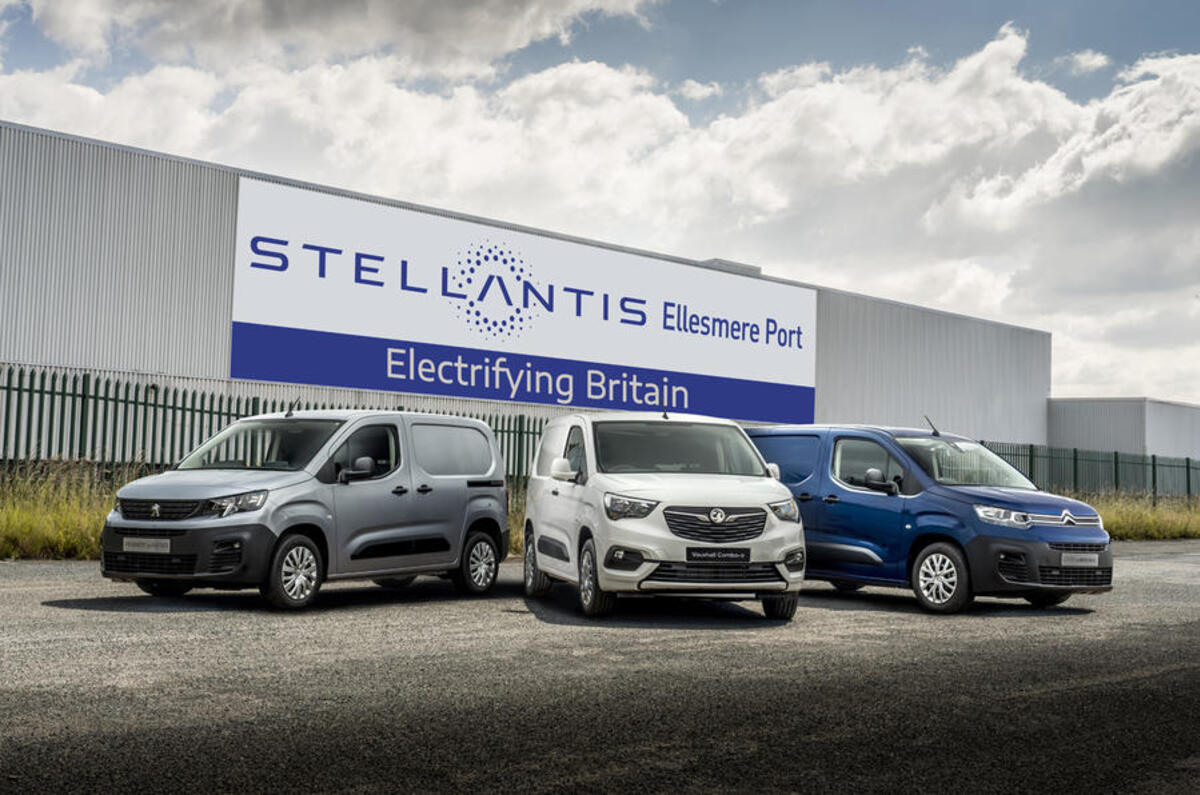Prime minister Rishi Sunak has said the UK government is in conversation with the European Union regarding new “rules of origin” tariffs, which have been criticised by Stellantis, Ford and JLR.
Stellantis was the first of the three car makers to urge the government to renegotiate part of its Brexit deal with the EU to delay the new rules, which add tariffs to car exports.




Add your comment